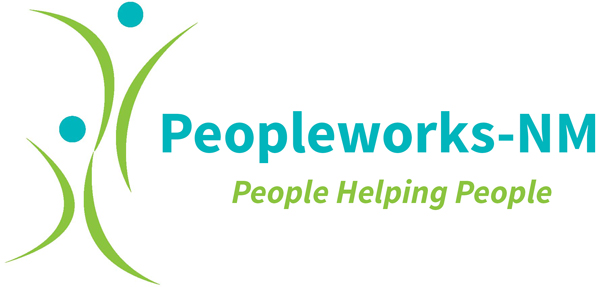Does Sports Knowledge Matter When Betting on Sports?

by Alex Connolly
Sports Gambling Knowledge
I have been lucky up until this point in my academic career to be able to study exactly what I want. I have multiple projects going right now (some of which I have alluded to in other blogs). But the research I am most passionate about thus far is my research on Sports Gambling Knowledge.
Strategic Gambling
In the literature, it is well regarded that certain types of gambling games (i.e., poker, sports gambling, blackjack, horse racing) involve an aspect of skill and knowledge. As such, it is believed that one’s sports gambling knowledge directly impacts their success at winning. Sports gamblers show high levels of confidence in their own sports gambling knowledge, and this often can be a motivation for gamblers to start to gamble.
Motivations
Sports gamblers are motivated to increase their knowledge to get better at sports gambling, and to show off to their friends. For many sports gambling, a win is a sign that you know what you are talking about, or that you “know ball”.
Advertisements
In fact, many sports gambling advertisements push this concept of increasing knowledge as well. There are plenty of sports gambling advertisements that pit people putting their knowledge levels against each other, as a way for people to use their knowledge to make money. This is seen as a desirable concept.
Does Knowledge Impact Success?
However, how much does gambling knowledge really matter in the success of sports gambling? There are plenty of studies that have investigated if certain sports bettors, or “experts” are better than random chance or lay people, and often the results come up negative. Anecdotally, I, as well as many sports fans, can tell multiple stories about how someone with little experience can beat someone who is quite knowledgeable. For example. if anyone has done a march madness bracket before, I am sure they have plenty of stories about how they knew everything and got crushed by someone who pulled names out of a hat. Or, for example, I had been playing fantasy football for over 10 years when my sister joined our league, and she knew nothing about any players. She chose them based on their funny names and ended up going undefeated and destroying everyone. The fact is, sports knowledge seems like it matters—but at the end of the day, it is still gambling and thus implies an importance of luck.
Perceived Sports Gambling
In fact, I believe that higher perceived sports gambling knowledge actually may be related to problem gambling. Higher perceived knowledge of the game may relate directly to confidence, which can sometimes be misplaced. Much of my research focus is trying to discover a way to objectively measure sports gambling knowledge. If we are able to do that, I want to compare how much one thinks they know about sports gambling (perceived knowledge) with how much they actually know about knowledge (objective sports gambling knowledge), we could potentially identify people for intervention. For example, those who think they know a lot about sports gambling, but actually don’t, are the people who I think are at the higher risk, with this misplaced confidence. As such, my research as of now is angled towards investigating this concept of sports gambling knowledge, so we can use it to potentially identify people for intervention.
If you are concerned that you might be at risk or are falling into problem sports gambling, this page can help and you can always reach out to us here.
PeopleWorks NM is here to support your mental health therapy needs.







Recent Comments